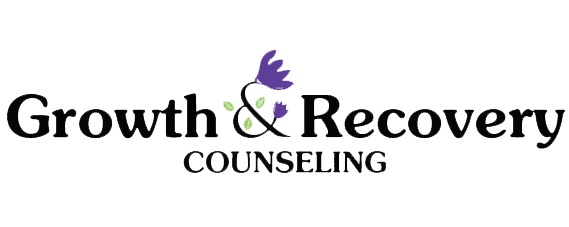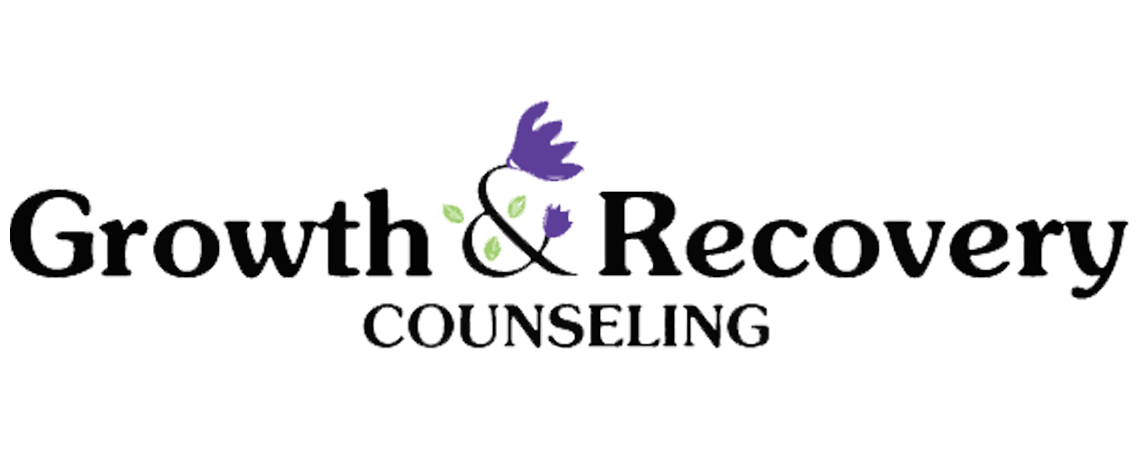Breaking Down Perinatal or Postpartum Mood and Anxiety Disorders:
Breaking Down Perinatal or Postpartum Mood and Anxiety Disorders:
A focus for mental health practitioners when working with soon-to-be moms or new moms is diagnosing and treating perinatal mood disorders. These are often referred to as PMAD (Perinatal/Postpartum Mood and Anxiety Disorders).
Though depression is the most talked about disorder when discussing maternal mental health, some others you may experience include: anxiety disorders, panic disorder, obsessive-compulsive disorder, birth-related PTSD, bipolar disorder, and/or postpartum psychosis.
Postpartum Obsessive-Compulsive Disorder
Arguably one of the most misunderstood diagnoses in the PMAD world, PP-OCD is anxiety that manifests as repetitive, intrusive images and/or thoughts that may be alarming and unprompted. Different from psychosis, these images and thoughts are not delusional in nature and have a very low risk of being acted upon. These thoughts/images often leave a sense of horror and unrest due to the misalignment with one’s morals and character. Engaging in compulsions may be a birthing person’s attempt to reduce the fear and anxiety involved with PP-OCD.
Birth-Related Post-Traumatic Stress Disorder

Whether you experienced or witnessed an event that involved actual or perceived danger to yourself or others, you may be at risk for developing postpartum PTSD. Scenarios in which this is most common include: the baby being admitted to NICU, unplanned C-sections, prolapsed cords, use of vacuum extractors or forceps during delivery, postpartum hemorrhaging, unexpected hysterectomy, severe preeclampsia/eclampsia, perineal traumas (such as 3rd or 4th-degree tears), feeling powerless due to poor communication or lack of support from your care team or partner, or those with a history of sexual trauma.
Symptoms of postpartum PTSD may include: flashbacks, nightmares, intrusive re-experiencing, avoidance of stimuli associated with the event (such as thoughts, feelings, places, or people), increased and persistent arousal (such as irritability, difficulty sleeping, and heightened startle response), and feelings of detachment and/or numbness. If this sounds like you, you are not alone – an estimated 30% of women experience some symptoms of PTSD after childbirth. Early and consistent treatment can be highly effective in restoring your quality of life.
Bipolar Mood Disorder
This disorder has two sides – often known as the “highs and lows,” though clinically defined as depression and mania (or hypomania in more mild cases). Criteria for this diagnosis is that symptoms last longer than four days. A postpartum depressive episode resembles clinical depression: low mood, increased tearfulness, appetite/sleep changes, anhedonia, lack of motivation, fatigue, etc. The manic episodes may be harder to identify, as they vary for each person and case. For some people, “manic” is when they feel their best. They have more energy; they take up new hobbies or interests and may experience hypersexuality or impulsive spending. However, mania is not the baseline and is not long-lasting. Some people don’t sleep for days during a manic episode; they may be easily agitated, have an inflated ego, speak very quickly, or may even experience hallucinations or delusions. These signs and symptoms are more profound and more severe than just the average moodiness that is expected with postpartum. For many, pregnancy or postpartum might be the first time they become aware of the bipolar mood cycles.
Postpartum Psychosis
For decades, we have not hesitated to include reminders about the 1 in 1,000 risk of developing a blood clot in the postpartum period. And yet, we fail to inform new parents about the 1 to 2 in 1,000 risk of developing postpartum psychosis. This is a jarring statistic, considering what’s at stake – the lives of mothers and their children. Of that number, 4% of those cases involve infanticide, according to Postpartum Support International.
Symptoms of postpartum psychosis often start within the first two weeks after birth and can include hallucinations, paranoia, delirium, and delusions. The appearance of these symptoms is a medical emergency that requires immediate care via interventions, treatments, and assessments. It is important for loved ones to take any unusual behavior during the postpartum period seriously, as this may be the only outward sign that the mother is struggling.
Additional Resources
Healthy Start Coalition of Pasco County:
https://healthystartcoalitionpasco.org/
6623 US Highway 19 New Port Richey, FL 34642
(P): 727-841-7888
Family Resource Guide:
PDF Guide
Florida BH IMPACT: (Improving Maternal & Pediatric Access, Care and Treatment for Behavioral Health)
https://flbhimpact.org/
(P): 1-833-951-0296
Oasis Pregnancy Care Center:
https://oasispregnancycenter.org/
Tampa Office – 813-978-9737
Land O’ Lakes – 813-406-4965
Wesley Chapel – 813-618-5037
Dade City – 352-534-5003
Teen Parent Program / Pasco Co. Schools (Cyesis):
PDF Resource
Learning Design Coach for DJJ and Cyesis Programs, Office for Student Support Programs & Services:
Stacia M. Clowes, MPH, CPH
sclowes@pasco.k12.fl.us
(P): 813-825-4461
Breastfeeding Support / La Leche League:
Central & West Pasco Leaders
Vanessa: 813-788-7965
Amanda: 813-501-3150
http://lllsunshinestate.org/pasco/
Breastfeeding Support / FL Department of Health
Breastfeeding Support Line:
(P): 727-484-3760
Breastfeeding Classes:
(P): 1-877-942-2229
BabyCycle Diaper Bank:
https://babycyclefl.org/
6511 43rd St #1811 Pinellas Park, FL 33781
(P): 727-256-3708
Better Together:
https://bettertogetherus.org/
(P): 239.470.2733
info@bettertogetherus.org
Family Care Coordinator:
Lisa Perry (813-337-7640)
Women Infants and Children (WIC):
Florida Dept. of Health in Pasco County
https://pasco.flhealth.gov/
(P): 727-861-5250
Citations:
[1] A report from the California Task Force on the Status of Maternal Mental Health Care. https://www.2020mom.org/ca-task-force-recommendations[2] Proprietary data from MHAScreening.org (2017-2019)[3] Mental Health America, Inc. (2023). Pregnancy and Postpartum Disorders. Mental Health America. https://mhanational.org/conditions/pregnancy-and-postpartum-disorders[4] Postpartum Support International. (2023). Learn More – Perinatal Mental Health Disorders. PSI. https://www.postpartum.net/learn-more/



